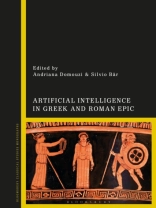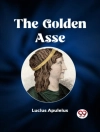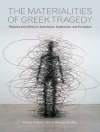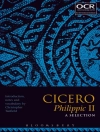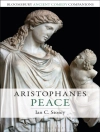This is the first scholarly exploration of concepts and representations of Artificial Intelligence in ancient Greek and Roman epic, including their reception in later literature and culture. Contributors look at how Hesiod, Homer, Apollonius of Rhodes, Moschus, Ovid and Valerius Flaccus crafted the first literary concepts concerned with automata and the quest for artificial life, as well as technological intervention improving human life.Parts one and two consider, respectively, archaic Greek, and Hellenistic and Roman, epics. Contributors explore the representations of Pandora in Hesiod, and Homeric automata such as Hephaestus’ wheeled tripods, the Phaeacian king Alcinous’ golden and silver guard dogs, and even the Trojan Horse. Later examples cover Artificial Intelligence and automation (including Talos) in the Argonautica of Apollonius and Valerius Flaccus, and Pygmalion’s ivory woman in Ovid’s Metamorphoses. Part three underlines how these concepts benefit from analysis of the ekphrasis device, within which they often feature. These chapters investigate the cyborg potential of the epic hero and the literary implications of ancient technology. Moving into contemporary examples, the final chapters consider the reception of ancient literary Artificial Intelligence in contemporary film and literature, such as the Czech science-fiction epic Starvoyage, or Small Cosmic Odyssey by Jan Kr?esadlo (1995) and the British science-fiction novel The Holy Machine by Chris Beckett (2004).
Andriana Domouzi & Silvio B r
Artificial Intelligence in Greek and Roman Epic [EPUB ebook]
Artificial Intelligence in Greek and Roman Epic [EPUB ebook]
购买此电子书可免费获赠一本!
语言 英语 ● 格式 EPUB ● 网页 320 ● ISBN 9781350260719 ● 编辑 Andriana Domouzi & Silvio B r ● 出版者 Bloomsbury Publishing ● 发布时间 2024 ● 下载 3 时 ● 货币 EUR ● ID 9420743 ● 复制保护 Adobe DRM
需要具备DRM功能的电子书阅读器
